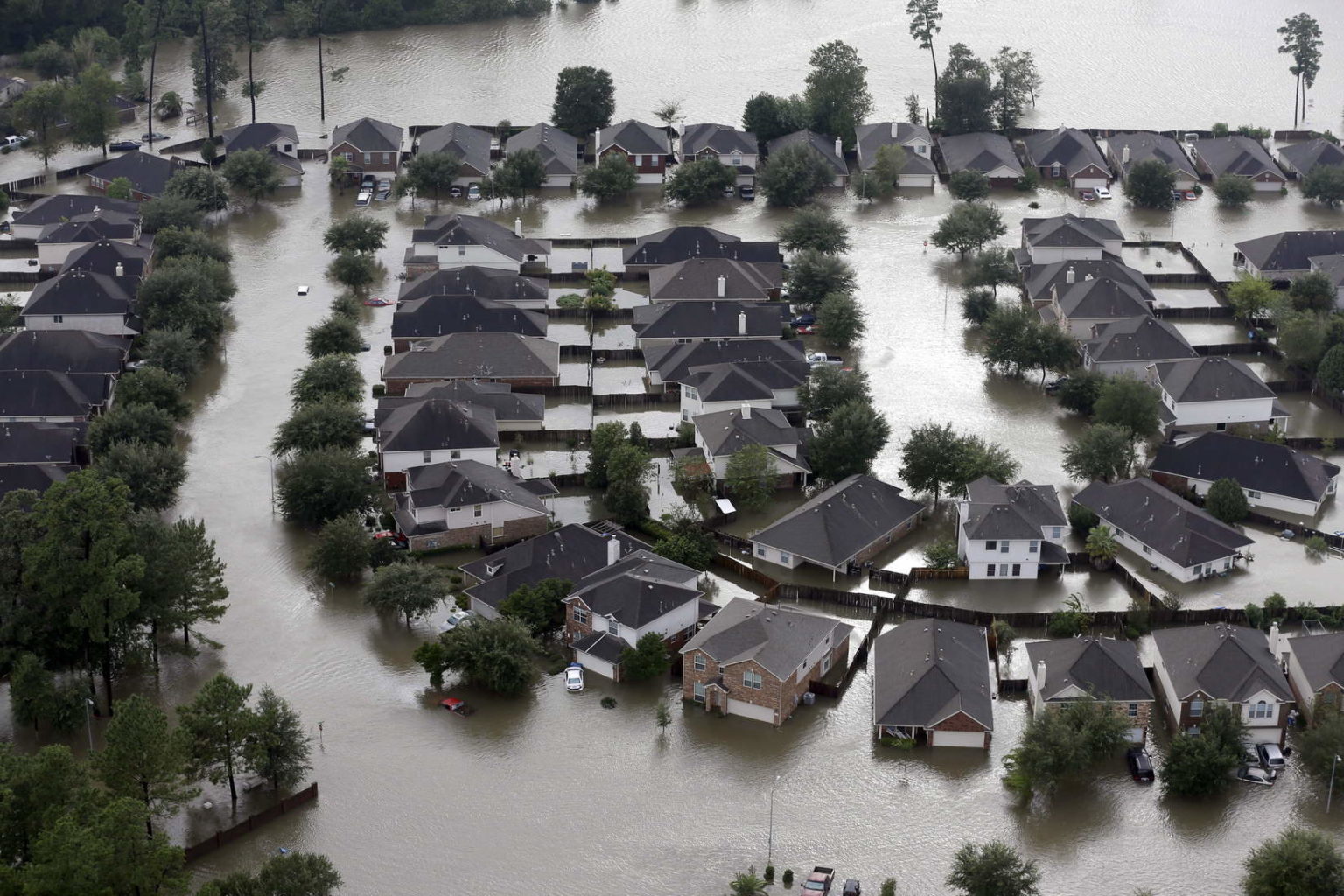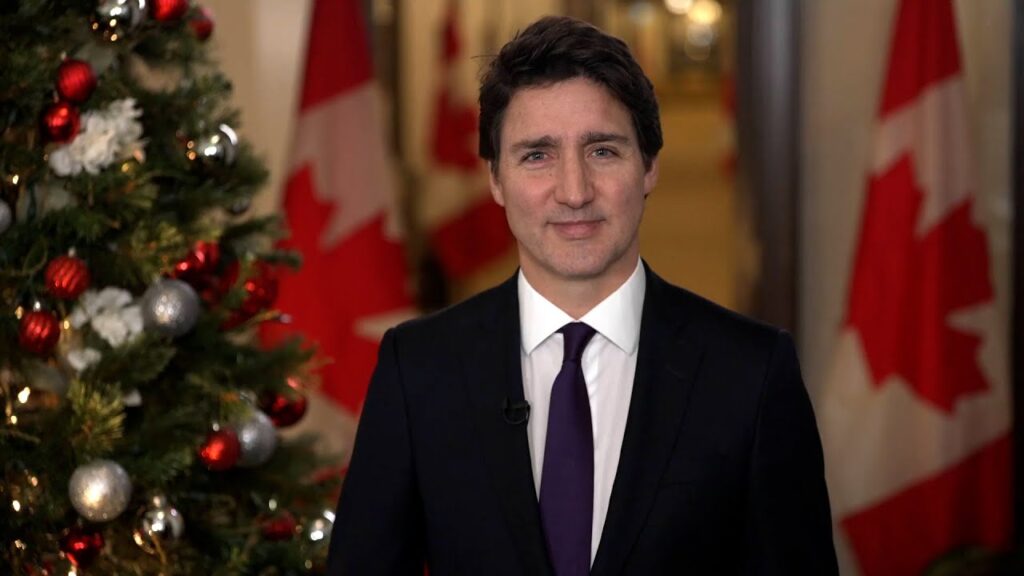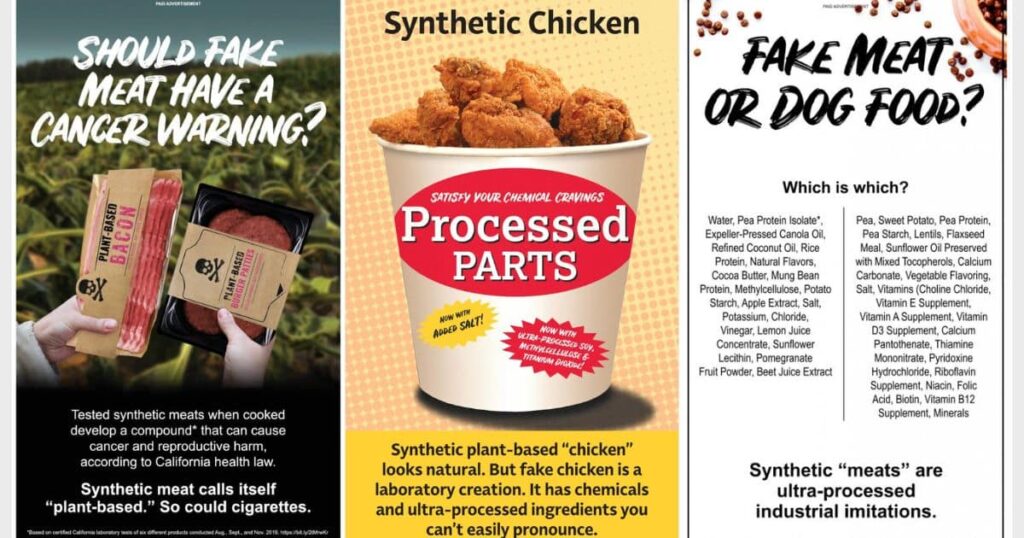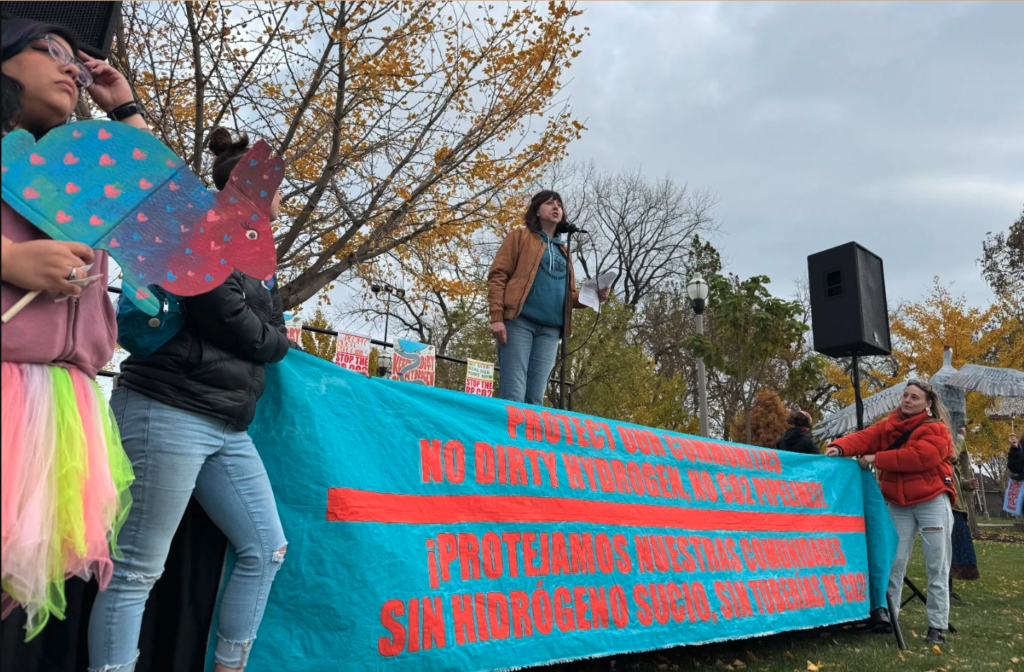By Jiaying Zhao, University of British ColumbiaJennifer Whitman, Northwestern University, and Rebecca M. Todd, University of British Columbia
Imagine this: A young professional couple at a party mentions they’re thinking of buying a home in a popular waterfront neighbourhood that scientists have found is vulnerable to coastal flooding.
That flood risk is made extra clear by murals in the neighbourhood marking the predicted water level rise. What’s more, media headlines have warned about sea level rise daily during the past week.
So, what gives? Can the young couple just not see the evidence in front of them?
In recent years, we have been exposed to an abundance of information about climate change. This often takes the form of news articles about carbon emissions and the hurricanes, floods and forest fires bolstered by climate change.
Despite the strong evidence that human activities are contributing to climate change, a small minority of the public disagrees with the scientific consensus.
Do You See What I See?
In the face of the evidence, how can we explain this division?
As psychology researchers, we wondered whether some people are just blind to cues of climate risk.
When we’re confronted by visually crowded settings, we tend to notice emotional words and tune out others. For example, if you were presented a series of words appearing one after another in quick succession — 10 words per second — you would struggle to name all of them. But you would be more likely to catch a word like “danger” than a neutral one.
We set up exactly that kind of scenario in our study. We recruited university students, as well as people in shopping malls in the Vancouver area and in Kamloops, B.C. Then we showed each of them a rapid sequence of words and asked them to pick out two targets, such as a set of digits (555555555) and a word in green font, in the sequence.
Due to limits in our visual system, once the first target has appeared, people are unable to “see” the second target if it appears too soon after the first. This phenomenon is called the attentional blink. It’s as if the mind blinks after the first target, preventing you from seeing the second.
But things change when emotional words are used. Previous research has shown that if the second target is emotionally arousing, then people are better able to see it than if it is neutral — compare the words murder and keyboard, for example.
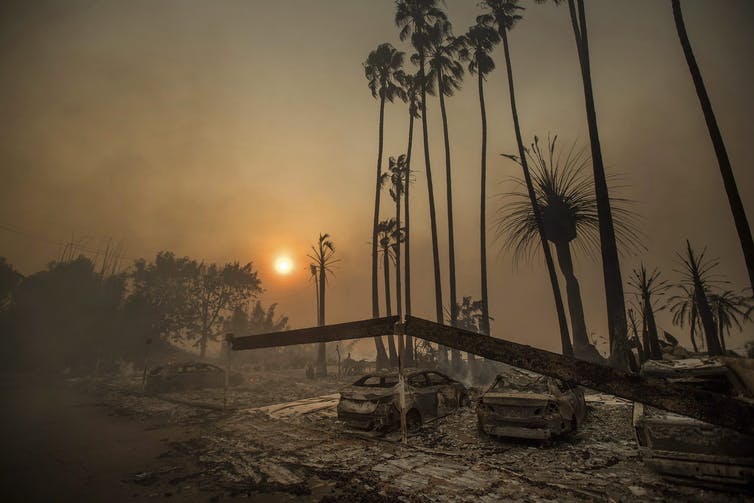
When we modified the test to measure people’s attention to climate change, we found people who are concerned about climate change are better at seeing climate-related words, such as carbon, right after the first target than those who are less concerned.
We also asked participants about their political orientation, income, education, religion, profession, experience with natural disasters and whether they owned a home near sea level.
When we analyzed the data, we found a pattern: Conservatives who were less concerned about climate change were less likely to see climate-related words than liberals who were worried about the issue.
In short, conservatives showed climate change blindness.
Targeted Communication
Now that we know people’s political orientation affects their visual attention to climate change, this raises a possible feedback loop, where concerned liberals readily tune their attention to news headlines about climate change and become even more concerned.
But unconcerned conservatives may be more blind to the same headlines about climate change and therefore become more entrenched in their disbelief.
The visual blindness can further deepen the denial of the real risks of climate change such as flooding, hurricanes, drought and heatwaves, and consequently a lack of action to mitigate climate change.
If we’re to be successful communicating the risks of climate change to conservatives, we may need to go about it in a different way. Communications about climate change must tailor the climate-related information to the audience, especially those who are conservative or unconcerned.
We can do this by using messages that align with people’s political ideologies and personal values.
For example, we can frame climate change action as protecting our nation against climate catastrophes, advancing economic and technological development and creating a more caring and considerate society, which is an effective message to engage climate deniers. Framing environmentalism as a form of patriotism can be successful, particularly if the appeal is seen as coming from one’s in-group.
It’s always hard to get someone’s attention, but if the messaging is in line with their personal values and motivations, they will take notice.
Jiaying Zhao is Assistant Professor at the University of British ColumbiaJennifer Whitman is Postdoctoral Fellow at Northwestern University, and Rebecca M. Todd is Assistant Professor at the University of British Columbia.
This article was originally published on The Conversation. Read the original article.
Main image: Homes are surrounded by floodwaters from Tropical Storm Harvey in Spring, Texas, on Tuesday, Aug. 29, 2017. Credit: AP Photo/David J. Phillip, File
Subscribe to our newsletter
Stay up to date with DeSmog news and alerts


